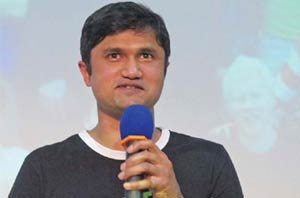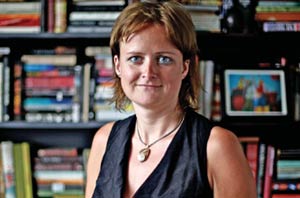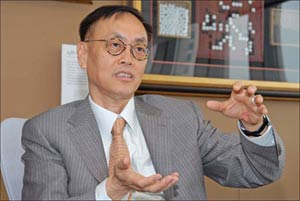Nobel winners urge eurozone fiscal union
Updated: 2011-10-11 11:56
(Xinhua)
|
|||||||||
NEW YORK - Eurozone needs a more centralized fiscal system for the sake of its own survival, according to two US professors awarded this year's Nobel economics prize.
If the euro wants to survive, it will have to work out a way to share fiscal burdens and connect fiscal authority to the European Central Bank (ECB) in the role of the lender of last resort, Christopher Sims, economics professor of Princeton University, told a press conference at the university on Monday.
Thomas Sargent, a New York University professor who shared the Nobel prize with Sims, cited the US experience of creating a centralized fiscal regime in the earlier years after the country's founding as an example to support Sims' proposal.
When asked whether the euro will collapse, both laureates were not optimistic.
On US recovery, Sims backed what Federal Reserve Chairman Ben Bernake has done to stimulate the economy.
"My own view is that what we ought to do is kind of the thing that Chairman Bernanke has urged the US government to do: make good long-run plans for resolving our budget difficulties," he said.
However, he argued that the monetary policy implemented by the Fed was an "unoriginal" one.
"Accommodating monetary policy is a good idea, but this was unoriginal ideas," Sims said. "I think 80 percent of the economic profession would agree with this. The problem is how to get these things done in the real world."
Sargent said US fiscal policy is sustainable and uncertain.
Based on the famous "rational expectations" theory he developed for many years, he stated that the uncertainty of the US fiscal policy lies on so many "promises" that the government has, such as Medicare, Medicaid, social sercurity etc, "it is not clear which of these promises are broken first."
"Do you think social security will be cut? Or do you think tax will be increase?" said Sargent. "What will happen will depend partly on what you think it will happen."









